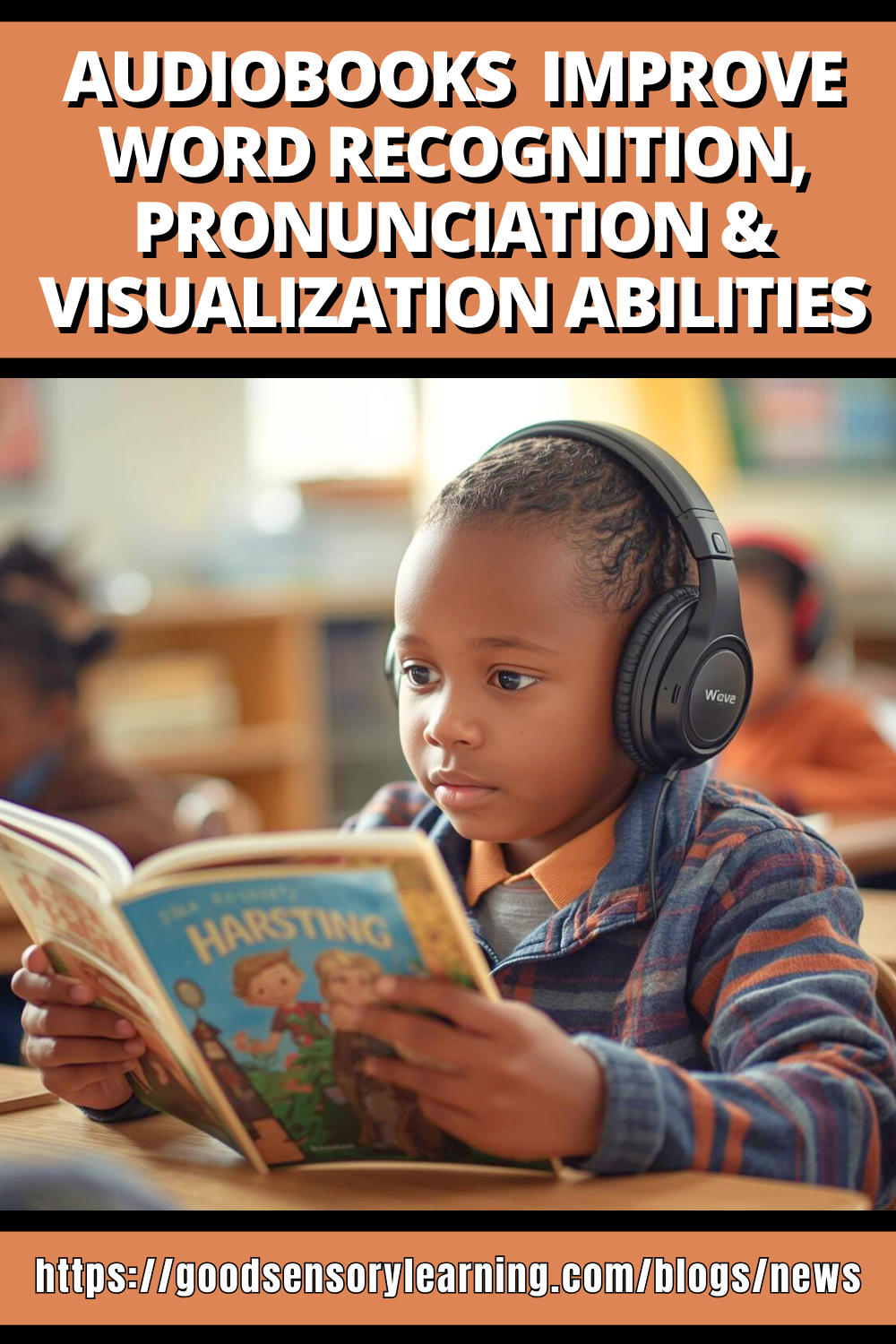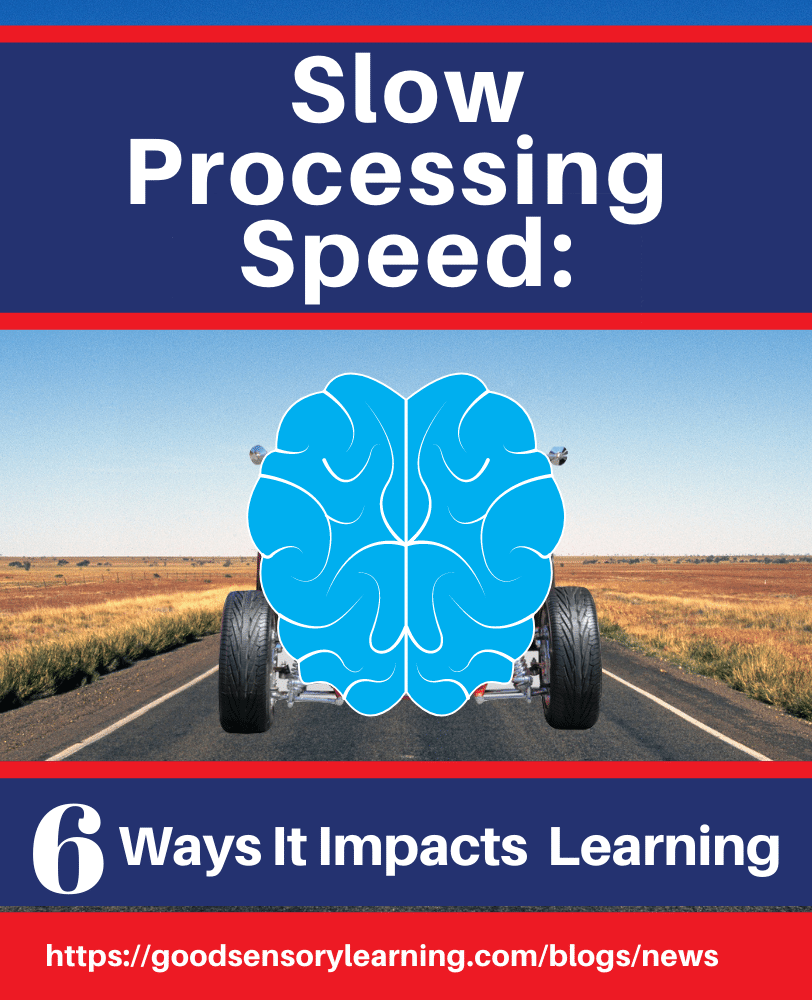Nurturing Grit and Resilience: Classroom Strategies for Success
Resilience and grit are two popular terms in education that are associated with student happiness, motivation, and academic success. These are learnable behaviors, thoughts, and actions that help learners cope with stress, face adversity or trauma, and bounce back from challenging experiences. Angela Duckworth proposes that the development of grit is an important skill to teach our students. In fact, Duckworth shows in her research that grit is a better gauge of academic achievement and success than one's IQ!

What is Resilience?
Resilience is an attribute or skill that helps us recover from negative events or feelings, cope with challenges and adversity, and take care of ourselves.
What is Grit?
Grit is the ability to maintain passion, motivation, and effort when developing mastery or an expertise. 

Some of the Most Important Characteristics of Grit and Resilience Include:
- Managing Emotions - being open to one’s feelings and able to modulate them in oneself.
- Awareness of Strengths - cognizant of one’s talents or strong abilities.
- Persistent Determination - continually pursuing a course of action despite difficulties or opposition.
- Passion-Driven Focus - actively persevering with a powerful and clear intention.
- Resourcefulness - acting effectively or imaginatively, especially in difficult situations.
- Personal Sense of Control - subjective awareness that one is initiating, executing, and managing one's own actions.
- Ability to Reach Out to Others - pursuing connections and assistance from those around us.
- Problem-Solving Skills - finding solutions to difficult or complex issues.
- Bouncing Back - quickly recovering after a setback or when facing significant stress, adversity, or trauma.
Key Points in the Research:
- The research offers some important outcomes about resilience and grit in the classroom:
- Students can learn skills that can increase their resilience and grit.
- Teachers start the transformational process by believing in themselves.
- Teachers can change their own attitudes and improve connections with their students.
- Teachers can learn to nurture and instruct these skills.
Teaching Strategies that Nurture Resilience and Grit:
- There are a number of approaches that can help to cultivate resilience and grit in your classroom and create a sense of community.
- Be present and find joy in being with your students.
- Nurture caring and supportive relationships that make each student feel valued.
- Offer guidance and high expectations for each student's potential for growth.
- Present opportunities for creative expressions and critical thinking discussions.
- Build community in your classroom, and provide opportunities for students to help one another.
- Encourage students to ask for help.
- Recognize and reinforce the expression of feelings.
- Teach learners to see failures as opportunities for growth.
- Help students to recognize and change negative and self-defeating behaviors.
- Help learners cope with stress. Talk about stress factors with your students in the classroom and brainstorm management strategies.
Classroom Activity Ideas:
- Have your students complete and score a grit scale test. Then watch Angela Duckworth's TED video and lead a discussion about how students can become more gritty.
- Once a week/month, sit in a circle with your students for an appreciation dialogue. Ask each student to express appreciation for another member of the classroom and share it aloud with the group. Then ask them to share a personal accomplishment. If they have trouble with this, ask the rest of the class to help.
- Avoid negative labels such as incorrect or wrong. Instead, use words like "nice try" or "almost" and guide your students to the correct answer.
- When grading assignments, make positive comments about growth and effort.
Cheers, Erica
Dr. Erica Warren is the author, illustrator, and publisher of multisensory educational materials at Good Sensory Learning. She is also the director of Learning to Learn and Learning Specialist Courses.
- Blog: https://goodsensorylearning.com/blogs/news
- YouTube Channel: https://www.youtube.com/user/warrenerica1
- Executive Function Podcast: https://goodsensorylearning.com/pages/the-personal-brain-trainer-podcast-with-dr-erica-warren
- Store: http://www.Goodsensorylearning.com/
- Courses: http://www.learningspecialistcourses.com/
- Newsletter Sign-up: https://good-sensory-learning.kit.com/drericawarren



Leave a comment
This site is protected by hCaptcha and the hCaptcha Privacy Policy and Terms of Service apply.